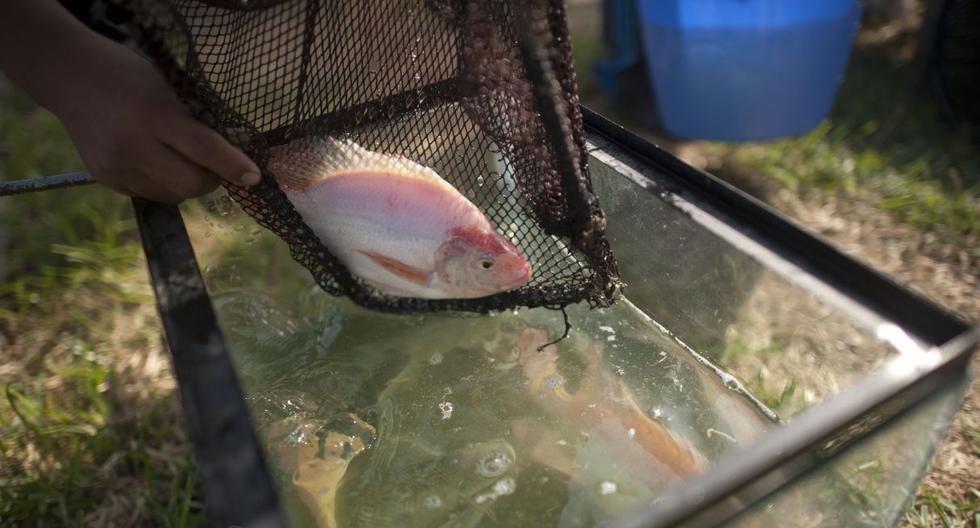In the year 2000, the national aquaculture production It reached 10,000 tons and during the last 3 years it reached an average of 150,000 tons per year, which shows an increase of almost 15 times during the last two decades.
Although it is true that the greater production is important, if we compare other countries in the region, there is still a long way to go, according to Gino Toscanelli, head of the fishing line in Manuchar Peru.
According to Toscanelli, on average, the national aquaculture production is 150,000 tons per year and is expected to reach 200,000 tons by 2025, taking into account that the global per capita consumption of fishery and aquaculture products amounts to 20 kg per year. .
LOOK: He is 63 years old, hitchhiked 1500 kilometers along the route looking for work and got it
However, despite this growth, the aquaculture sector still has many opportunities for improvement, due to the great biodiversity of hydrobiological resources and available aquatic environments at continental, coastal and maritime levels.
According to the Food and Agriculture Organization of the United Nations (FAO), Peru was positioned as one of the top ten countries with the highest total production of farmed and wild fish in 2018, however, aquaculture production in Peru it only represents 1.4% of the total fishing production.
“Peru should aim to reach 10% of the national fish production from aquaculture by 2030, which would represent an approximate goal of 800,000 tons produced in aquaculture. For this reason, to continue with the growth of this activity, a greater boost from the state will be essential and, from the companies, the competitiveness of exports in this sector must begin to improveToscanelli added.
opportunities
Aquaculture in our country is an activity with great potential, due to the high endowment of hydrobiological resources, however, the national aquaculture production is far from that 50% indicated by the FAO. According to Toscanelli, the neighboring country of Ecuador, with less potential than us, reaches an aquaculture production of 70% of its total fishing production.
In the last three years, national aquaculture exports totaled around US$900 million. The Manuchar specialist explained that this progress is explained by the behavior of three main products: shrimp, with the value exported at 55.02%, scallops and trout, which reported 29.31% and 14.54%, respectively.
These figures reveal that there is a long way to go in this sector, but there are still opportunities for improvement, considering that countries such as China, the United States, Canada and Western European countries are the main shipping markets for aquaculture products. Toscanelli explains that it is necessary to innovate in this sector, which will play an essential role in world food in the coming years.
National aquaculture production is 150,000 tons per year. Of this total, approximately 67% is destined for the domestic market, achieving sales for a value of US$ 600 million in the last three years. The specialist considered that national production can be increased, but joint work between the state and private sectors and aquaculturists is necessary, in addition to developing the adequate infrastructure to transport aquaculture products from the jungle to the coast.
















